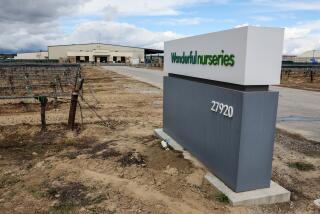Tax Reform or Increased Taxes?
- Share via
Do workers really want tax reform--a simplified filing form--at the expense of increased taxes?
Take, for example, the findings of the trade union movement that pointed up most effectively the bottom-line results of the Reagan Administration’s tax package on people in a variety of economic circumstances.
Twenty-five percent of the reduction in individual taxes will go to the one-half of 1% of people with incomes over $200,000 a year. Their windfalls will average $10,000 each.
But what about working Americans, especially those in two-earner families with child-care expenses?
The United Food & Commercial Workers did a sampling of real live people, union members who earn paychecks and pay taxes. It found that eight out of 11 such workers would end up paying more in taxes under the Administration’s proposal than at present.
There is no reason to abandon the search for tax reform or to scrap the positive features of the President’s tax plan because of such glaring deficiencies. But there is every reason to reshape and improve what he has sent to Congress.
The labor movement’s test of tax fairness is that persons whose income is from paychecks should not be taxed at higher rates than those whose money comes from investment profits. Unfortunately, under the President’s “reform,” unearned income would continue to be given preference over earned income.
Workers want tax reform, not higher taxes.
THOMAS J. VANDEVELD
San Diego
Vandeveld is president of Local 1222 of the AFL-CIO United Food & Commerical Workers.
More to Read
Inside the business of entertainment
The Wide Shot brings you news, analysis and insights on everything from streaming wars to production — and what it all means for the future.
You may occasionally receive promotional content from the Los Angeles Times.










